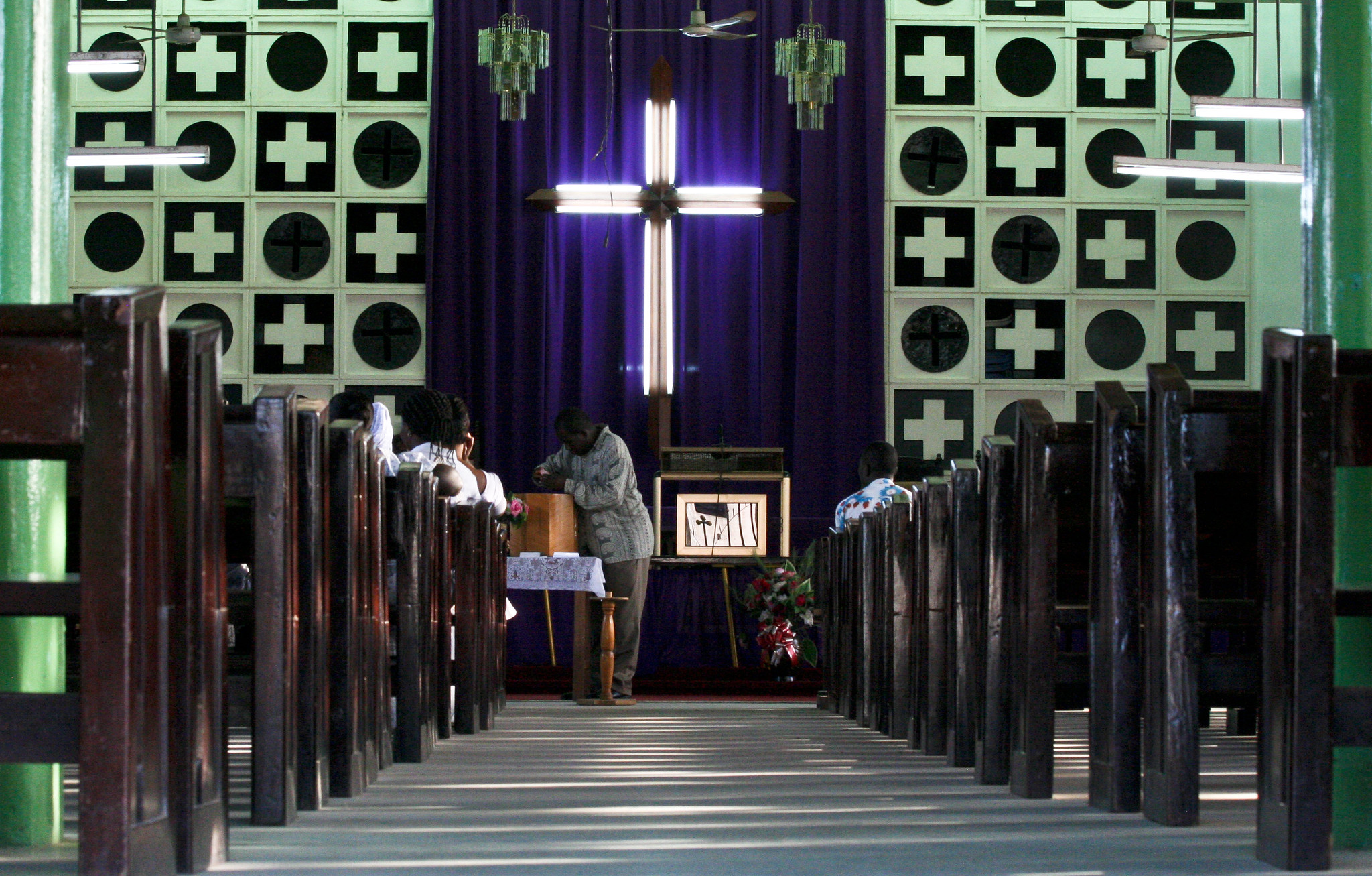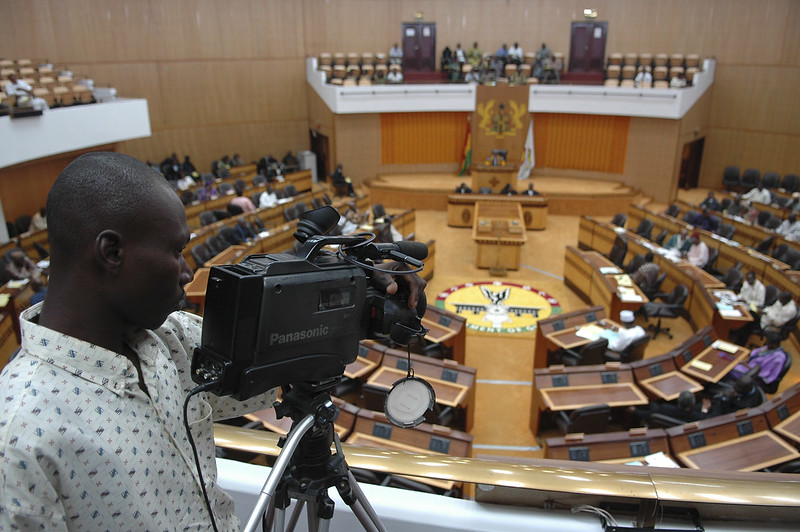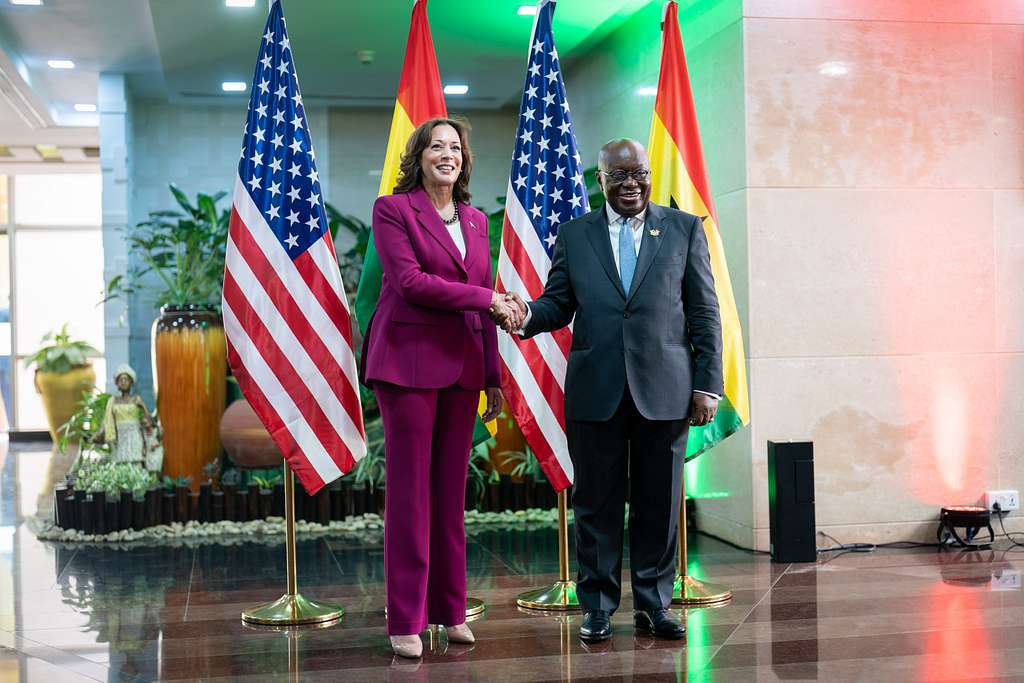A regularly repeated playbook has ensured the clearing of informal settlements is popular with the public. But such policies are shortsighted, write Gideon Azunre, Festival Godwin Boateng and Owusu Amponsah.
The millions of urban residents in Africa who rely on “informal settlements” for their housing, employment, and service needs live in constant fear of attack. City and national governments subject them to recurrent evictions and threats of eviction both on the streets where they eke out a living and in the slums where they reside.
These attacks often result in large-scale social and individual impoverishment, including homelessness, insecurity, social isolation, and livelihood losses. In 2005, the Government of Zimbabwe rendered some 700,000 families homeless in Harare after a slum clearance exercise dubbed Operation Murambatsvina (clear the filth).
On 30 January 2022, the Nigerian military, police, and the Security and Civil Defence Corps brought their combined forces to bear on 15,000 families in informal settlements across Port Harcourt, razing their homes to the ground.
Despite their hurtful impacts, research and media reports suggest that evictions enjoy strong support among Africa’s public. Officials who enact them in a sustained manner are celebrated as the poster children of effective leadership.
Old Fadama, a community under constant siege
The Old Fadama informal settlement, a migrant haven and home to 100,000 people, is about a mile from the business district of Ghana’s capital city, Accra. It was established in the 1980s by migrants from Northern Ghana escaping tribal conflicts. Successive governments have threatened the settlement with evictions, deploying various tactics to whip up public support for the need to demolish the community.
The first tactic governments deploy is expert authorisation. This involves assembling “experts” who use their credentials to proclaim evictions as necessary to safeguard public health. When the Accra Metropolitan Assembly wanted to demolish Old Fadama in 2009, the Assembly launched a co-ordinated media campaign led by the Director of the Metro Public Health Department, depicting the settlement as the main source of faecal matter and other waste that was polluting nearby lagoons and other water bodies in the city.
The Assembly also paid public health consultants to issue reports, declaring Old Fadama a “national disaster site” that needed demolition with immediate effect.
The second tactic is moral evaluation. Communities are degraded and demonised with labels that cast them as unfit for decent living. Authorities and the media called Old Fadama Sodom and Gomorrah. In the Old Testament, Sodom and Gomorrah were two ancient cities near the Dead Sea that were destroyed because of significant crime and vice. This labelling particularly resonates in Ghana, where over 70 per cent of the population is Christian.
The third tactic is rationalisation. This involves public officials proposing mega urban renewal or revitalisation projects and arguing that such projects can only be implemented if informal settlements are removed. A ‘public interest’ narrative is then evoked to justify evictions. The Korle Lagoon Restoration Project and, more recently, a multi-story hospital complex have been proposed in place of Old Fadama.
The fourth and last tactic is mythopoesis. This is done by exaggerating the risks informal settlements pose for nearby communities or the city as a whole. The former Regional Minister of Greater Accra called Old Fadama a risk to national security, claiming that it houses criminal groups. On other occasions, the community is tagged a ‘high-risk zone’ because it puts the entire capital city at risk of flooding and fire outbreaks.
These tactics have largely been successful, and the public is generally supportive of clearing informal settlements.
The need for a challenge
There’s a need to interrogate and challenge the collective justifications used to gain public support for evictions. For instance, the verdict that informal settlements threaten national security and the public good ignores their well-documented socioeconomic and environmental contributions. It also ignores the historical and structural social injustices that push many low and middle-income populations to make do with life in such precarious settings.
This breeds a ‘blame culture’ and a shirking of responsibility on the part of policymakers. Indeed, they refuse to consider “expert” analyses and reports that challenge their narratives and offer alternative solutions to evictions.
There needs to be a move away from violent evictions and displacements to more inclusive ways of planning with informal settlements.
Where resettlement appears to be the most appropriate option, meaningful consultations must be done to find suitable locations where residents can maintain their communal and cultural living arrangements. Such locations should be central enough for dwellers to retain their steady sources of income, mainly in the informal economy. Others have even gone on to recommend land-sharing schemes.
Evictions cause more harm than good. Instead of violently destroying these communities, the government should collaborate with residents to implement pro-poor redevelopment projects. This will ensure that projects respond to their most pressing needs.
Photo credit: SDI used with permission CC BY 2.0 DEED





